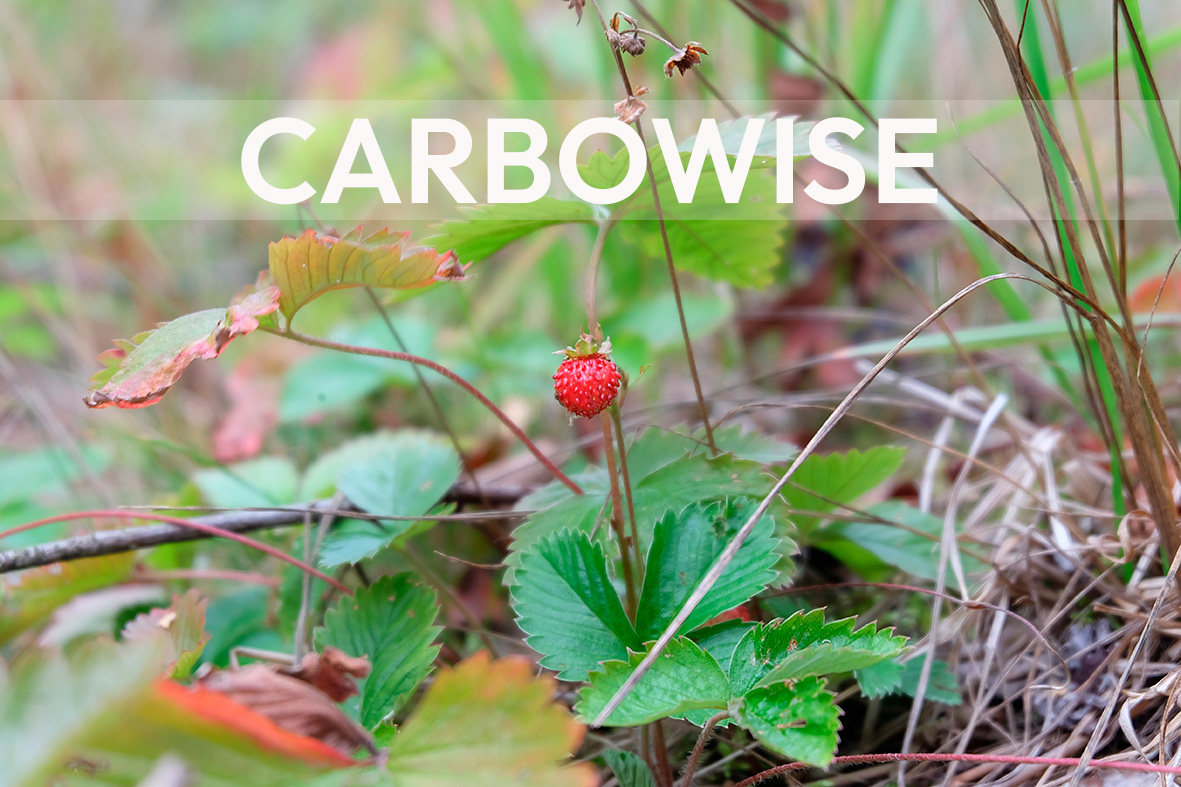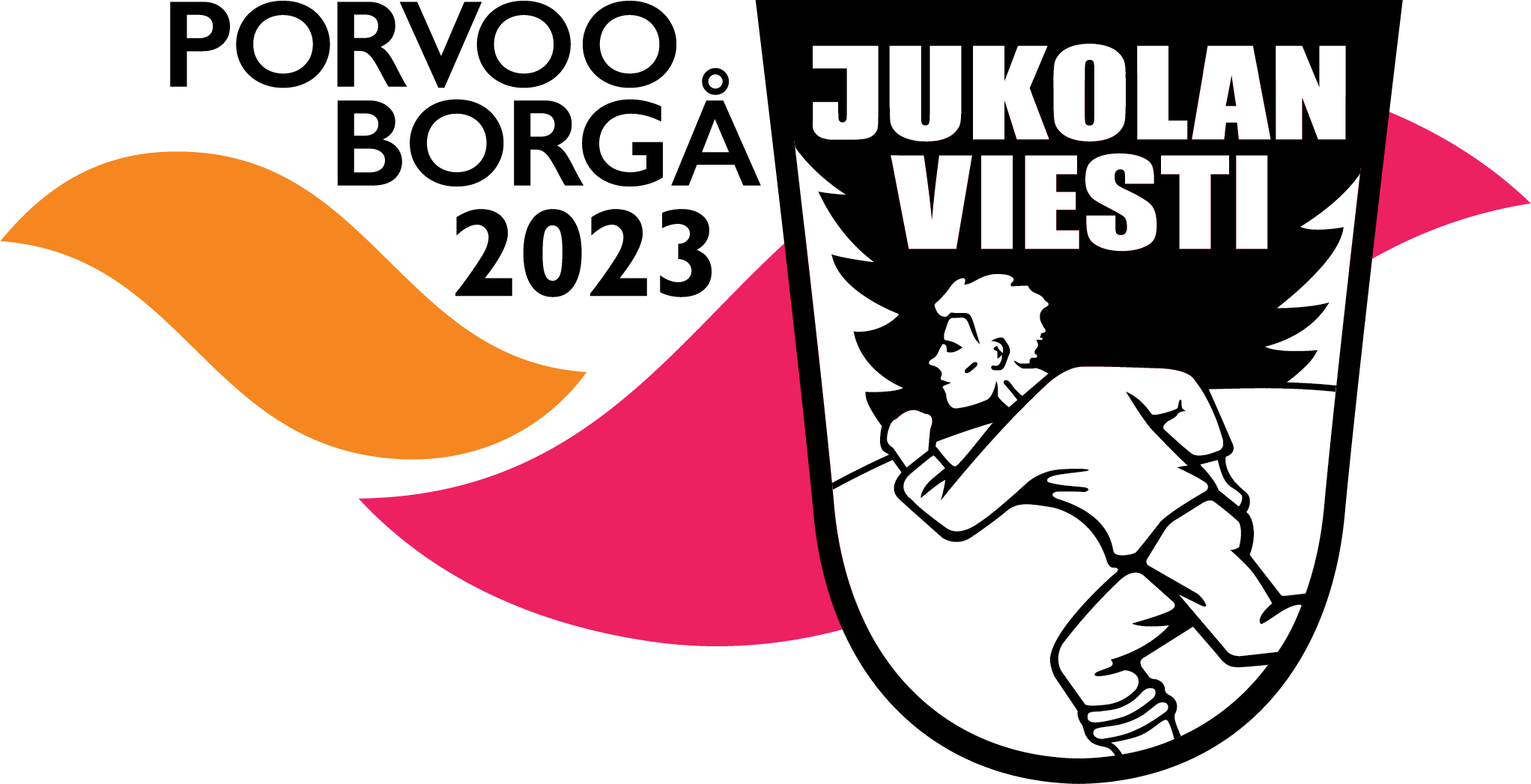
The Jukola relay taking place in Porvoo next year aims to minimize the environmental effects and carbon footprint of the Jukola weekend. Through a variety of measures Porvoo-Jukola will be a carbonwise Jukola.
-The most significant carbon footprint is caused by transport and logistics, states deputy competition director Jari Johansson, who is also responsible for the pilot project Carbowise Jukola.
Another significant factor is food – how much food is wasted, which ingredients are used and the recycling of plates and packaging materials. It is estimated that up to 50 000 people will visit the competition center in Epoo during the weekend before midsummer, meaning a large amount of food will be consumed by competitors, spectators and volunteers.
In order to minimize the carbon footprint the organizers will offer a variety of carbonwise alternatives. As far as the transportation of tens of thousands of people to and from the area there are environmentally friendly options available.
– Our hope is that as many as possible will use public transportation to get to Porvoo from where there will be buses going directly to the competition central. Those arriving by car can park at the remote parking areas in Tolkkis and Koskenkylä from where we aim to provide transportation to the competition central by electric bus, Johansson states.
He notes that the location of the event itself, adjacent to the capital region, means that a long journey to the competition is not required for many, which in itself is an environmental upside.
At the competition site the focus will be on recycling as well as the majority of the products and services used being environmentally friendly.
– The recycling will be planned and implemented in cooperation with Revanssi (a company specializing in recycling and waste disposal). How little material is it possible to use and how much of the material used can be recycled? And how do we get our partners to minimize their carbon footprints?
Johansson finds that those participating in orienteering events are most often quite environmentally aware. There are, nonetheless, still things that can be improved, such as the sorting of recyclable materials.
– We want to challenge people to sort correctly. Oftentimes people think it doesn’t make such a big difference since most of the used material will be incinerated. We will go in for clear instructions so that the participants can sort correctly, Johansson states.
The environment is under threat and climate change is a fact. Therefore suspicions arise that the organizers are simply greenwashing, that the environmental measures are simply a marketing trick. No, not at all, Johansson comments.
– That is exactly why we are pursuing concrete measures, the effects of which can be measured. We can all do our part, the small practical things are of the utmost importance. We are cooperating with Aalto university, Posintra and the consulting company Green Carbon who know how to calculate the carbon footprint.
Carbonsmart Jukola is a pilot project, the results of which will be of use for future organizers, both for the Jukola relay and other events,
Those visiting the Jukola weekend next year can count on the majority of things being as carbonwise as possible. Even the sound reproduction at the competition area will require as little resources as possible and all signs will be made of reusable cardboard.
– The signs have already been tested at pre-Jukola in Virvik (in September). Some small adjustments still need to be made, but the result will no doubt be good, Johansson assures.
